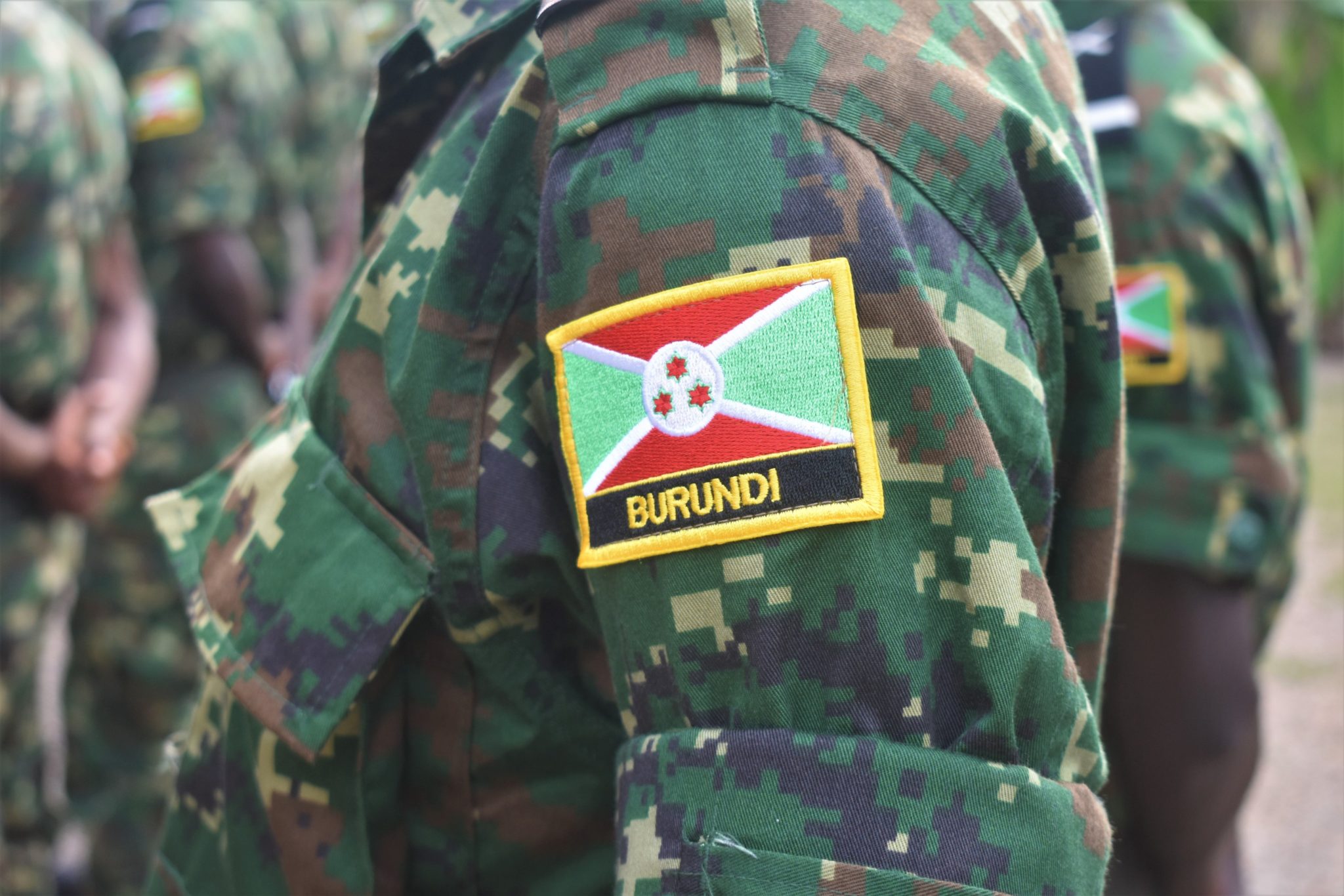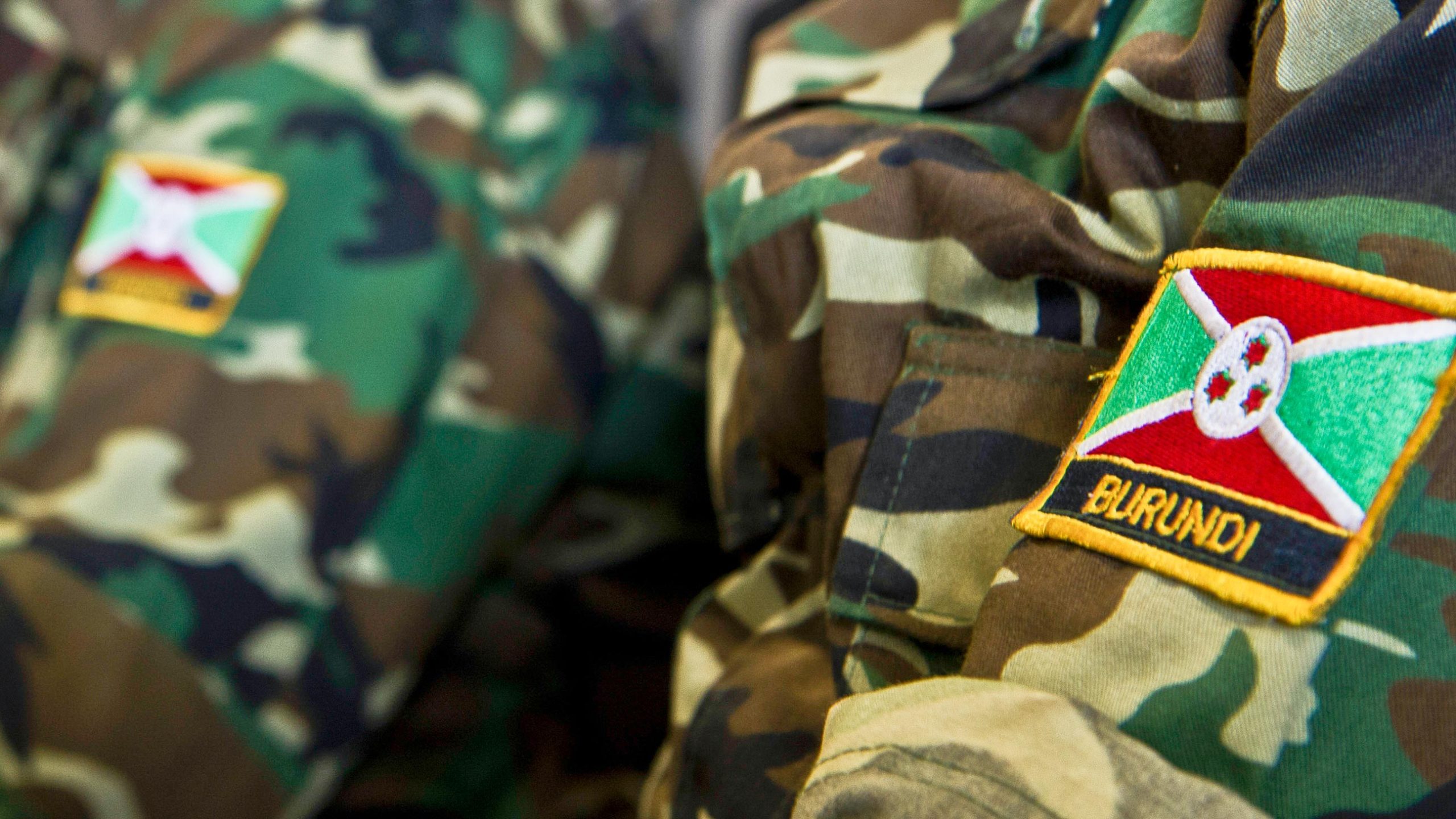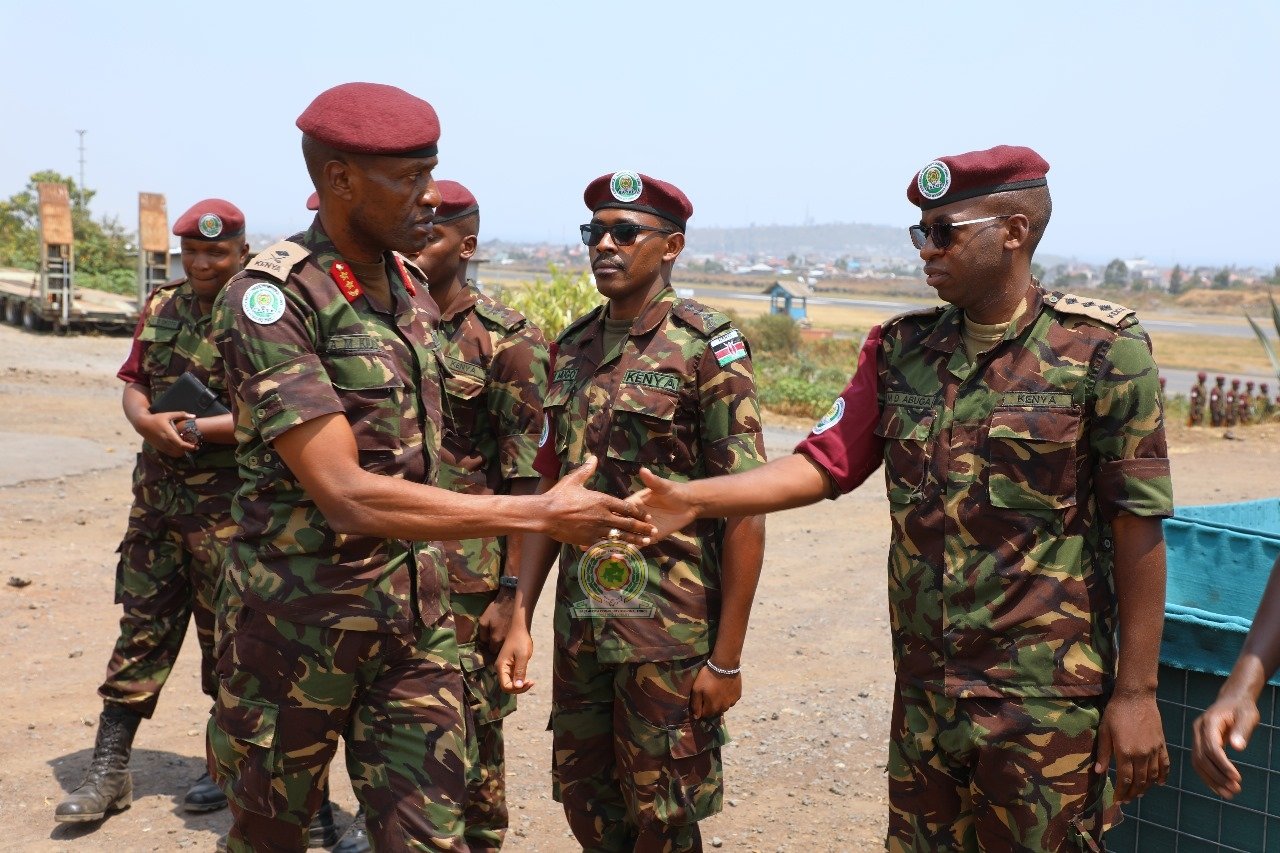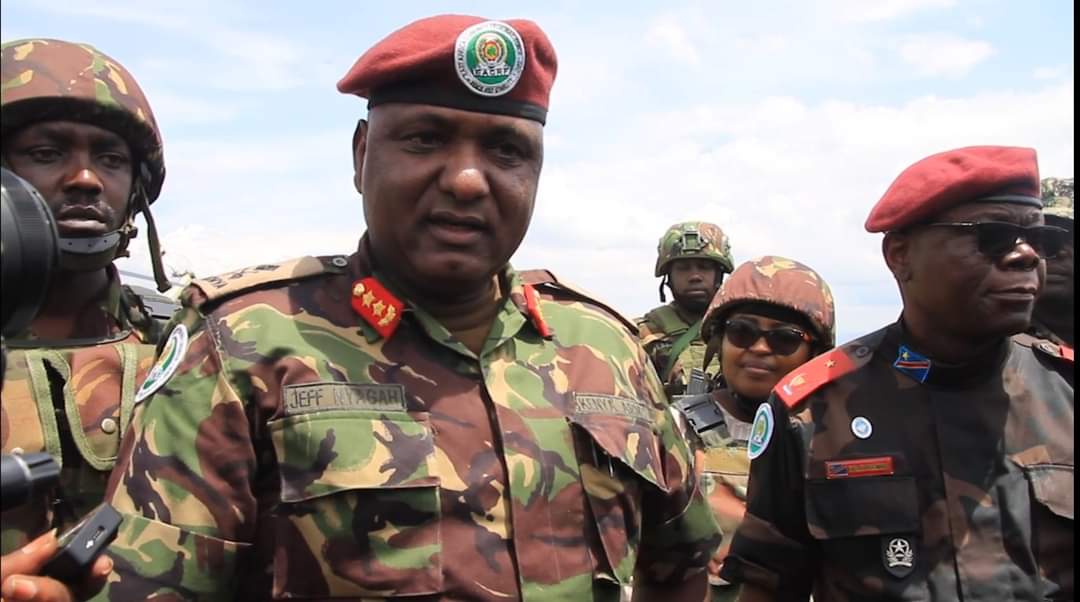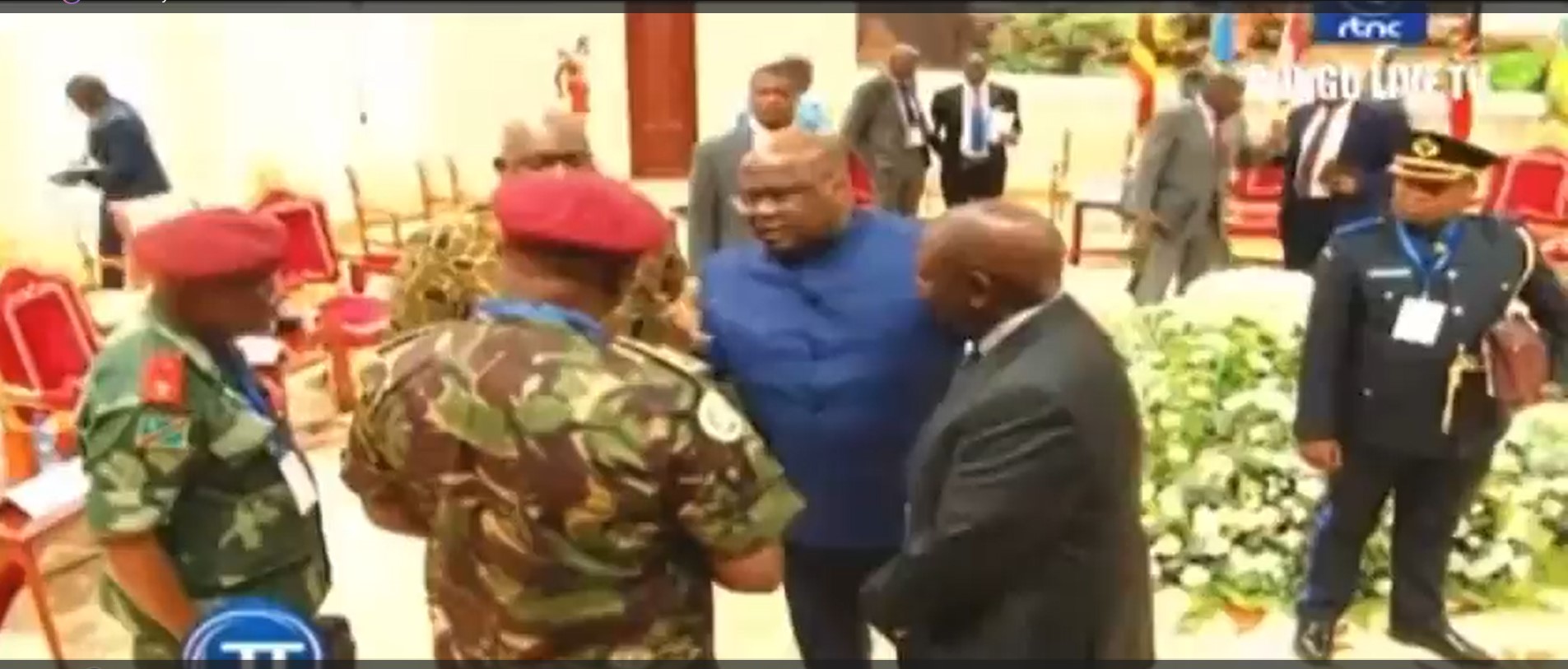Regional
DRC: EAC Regional Force withdrawal spells doom
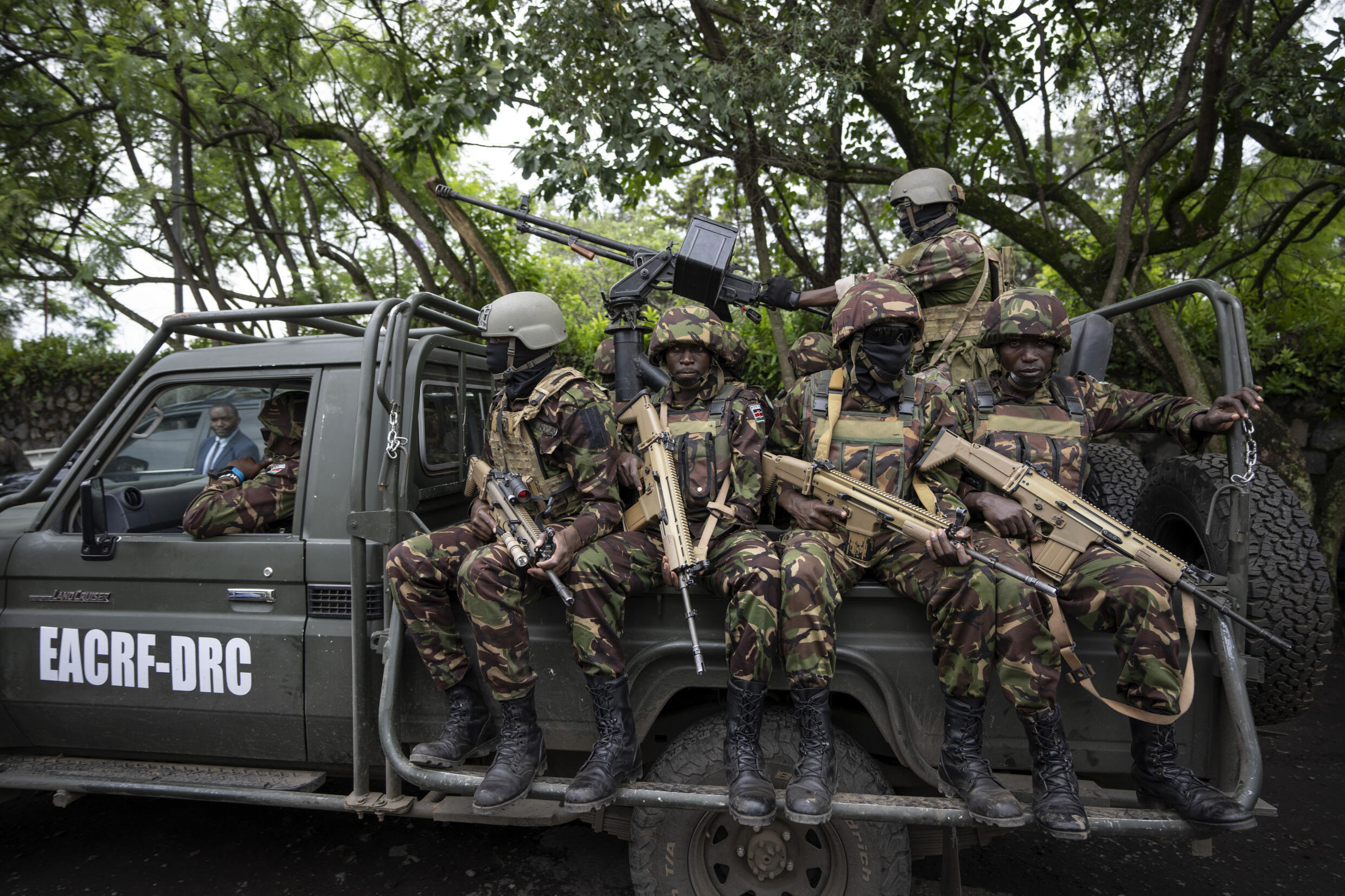
The
East African Community Regional Force (EACRF) started to withdraw from the
Democratic Republic of Congo (DRC) on December 3, ahead of the expiry of its
mandate on December 8. Despite the
withdraw, the regional force said the situation remains uncertain following the
breach of ceasefire in October which escalated the hostilities.
Relative
calm had returned to eastern DRC from November 2022, when EACRF was deployed. Regional
leaders praised the force for a job well done. However, Congolese President Felix
Tshisekedi criticized the force for allegedly not doing enough to bring to an
end the conflict between Kinshasa and its coalition forces with M23 rebels. Tshisekedi accused the force of cohabiting with the
rebels.
The withdraw of EACRF did not come as a surprise. Tshisekedi
had shown mistrust of the force. During the Extra-Ordinary Summit of EAC Heads
of State on the security situation in DRC, which convened on February 4, in
Bujumbura, Tshisekedi broke diplomatic protocol and confronted the then
commander of the regional force, Gen Jeff Nyagah, on issues to do with M23
rebels.
“It
would be shameful if the population was to attack you. You came to help us to
solve a problem, not to be part of it. Pay attention to this, communicate with
the population,” a visibly angry Tshisekedi told Gen Nyagah.
Kinshasa
then organized violent demonstrations against the regional force, attributing
the incidents to “unhappy citizens.”
When
the Regional Force was deployed in DRC, Tshisekedi expected that its primary
mission to be to fight the M23 rebels and flush them out of his country.
When
this did not happen, he hired foreign mercenaries, expecting that their
combined efforts with his weak army, and the Rwandan genocidal militia, FDLR, and
other Congolese militia including Wazalendo, would push out the M23 in a short
time.
Tshisekedi’s
divorce with EACRF will only escalate the security crisis in eastern DRC. The
government army (FARDC) and its allies are rushing to occupy positions left
behind by the withdrawing EAC regional force, while M23 rebels have also
positioned themselves to retake the positions they occupied before surrendering
them to the regional force.
The M23 sees the withdraw by the regional force as a result of
“an irresponsible decision of the DRC Government that leaves the civilian
population at the mercy of its demoniac coalition forces.”
Rebel leader Bertand Bisimwa has stressed that his group "does not intend to let the
Kinshasa regime's military coalition invade the areas it ceded to the EACRF".
Burundi and SADC forces
Sources say that the Burundian soldiers who
have been serving under EACRF are not returning to Bujumbura as the regional
force withdraws from DRC.
The Burundian contingent will join FARDC and
its coalition forces in the fight against M23.
The
Burundian government earlier deployed about 2,000 troops to North Kivu and
South Kivu Provinces under a bilateral arrangement with Kinshasa outside the
EAC framework, to support the Congolese armed forces in fighting M23. A number
of Burundian soldiers have been
killed and others taken captive while fighting the M23 rebels.
Burundian soldiers wear the Congolese regular
army’s uniform.
Burundi is not only helping a neighbor to
burn his house, but it is also sacrificing its own forces in a misguided and
unjust war that they are not likely to win.
Tshisekedi
is also counting on the support of security forces from the Southern African
Development Community (SADC), who promised to deploy to replace the EAC regional
force although the formation of a SADC force, for deployment to DRC has, since
May, not materialized.
Even if the formation and deployment of a SADC
force happens, what will the force do that the EAC regional force failed to do?
If SADC forces fight alongside the Congolese
army coalition, against M23, it will be an open contradiction and a clear
divide between SADC and EAC on the approach of ending the security crisis in
eastern DRC.
The use of military force is not likely to end
a political conflict.
As long as Tshisekedi continues to avoid dialogue as the only
possible avenue to end the conflict, there is still a dark cloud hovering over
eastern DRC and the crisis will escalate.



